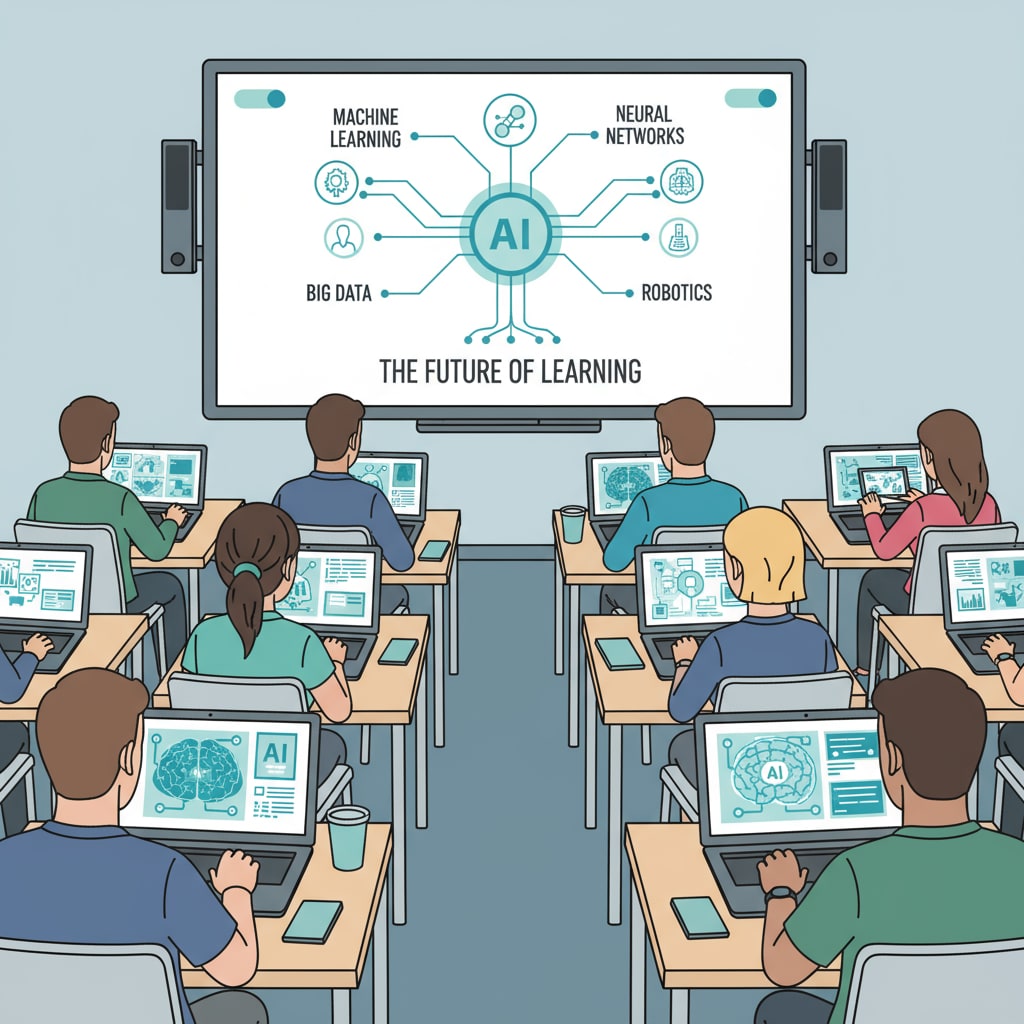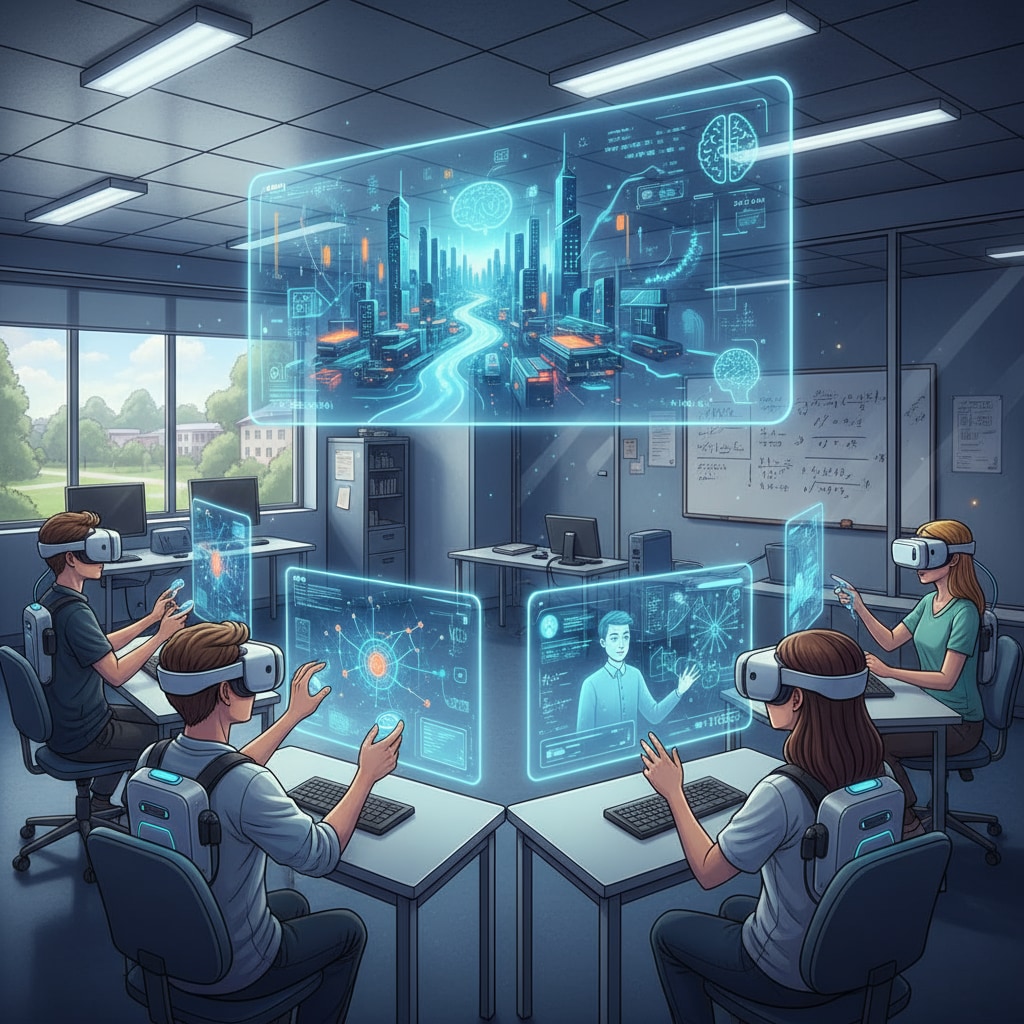The rapid advancement of artificial intelligence (AI) is bringing about a seismic shift in higher education and shaping the future of universities. As AI technologies become more sophisticated, they are infiltrating every aspect of college education, from teaching methodologies to the skills students need to succeed in the future job market.

This revolution is not only changing how knowledge is imparted but also redefining the very purpose of a university education.
The Transformation of Teaching Methods
One of the most visible impacts of AI in higher education is on teaching methods. Traditional lectures are no longer the sole mode of instruction. AI – powered tools such as intelligent tutoring systems can provide personalized learning experiences for students. For example, these systems can analyze a student’s learning pace, strengths, and weaknesses, and then adapt the curriculum accordingly. This means that students can receive targeted instruction, whether they are struggling with a particular concept or looking to explore advanced topics. Artificial intelligence in education on Wikipedia In addition, virtual reality (VR) and augmented reality (AR) technologies, enabled by AI, are creating immersive learning environments. Students can now explore historical sites, conduct virtual experiments, or engage in simulated real – world scenarios, enhancing their understanding and retention of knowledge.

Rethinking Student Skills Development
The rise of AI also necessitates a reevaluation of the skills that students need to develop in higher education. While technical skills related to AI, such as programming and data analysis, are important, soft skills are becoming equally crucial. These include critical thinking, creativity, problem – solving, and emotional intelligence. In a world where AI can handle routine tasks, students need to be able to think independently, generate innovative ideas, and work effectively in teams. Universities are now incorporating more project – based learning, group discussions, and hands – on activities to foster these skills. Education and technology on Britannica Moreover, students are encouraged to learn how to collaborate with AI systems, understanding when to rely on them and when to exercise human judgment.
As we look to the future, universities will need to continue to adapt and innovate in the face of AI advancements. They must find a balance between leveraging AI for educational enhancement and ensuring that the human touch in education is not lost. The future of universities lies in their ability to prepare students for a world where AI is an integral part of the professional landscape, equipping them with the knowledge, skills, and values to thrive. In conclusion, artificial intelligence, higher education, and the future of universities are intricately linked, and the changes we are witnessing today are just the beginning of a new era in college education.
Readability guidance: The article uses short paragraphs and lists to summarize key points. Each H2 section provides relevant details. The proportion of passive voice and long sentences is controlled, and transition words are used throughout the text to enhance readability.


